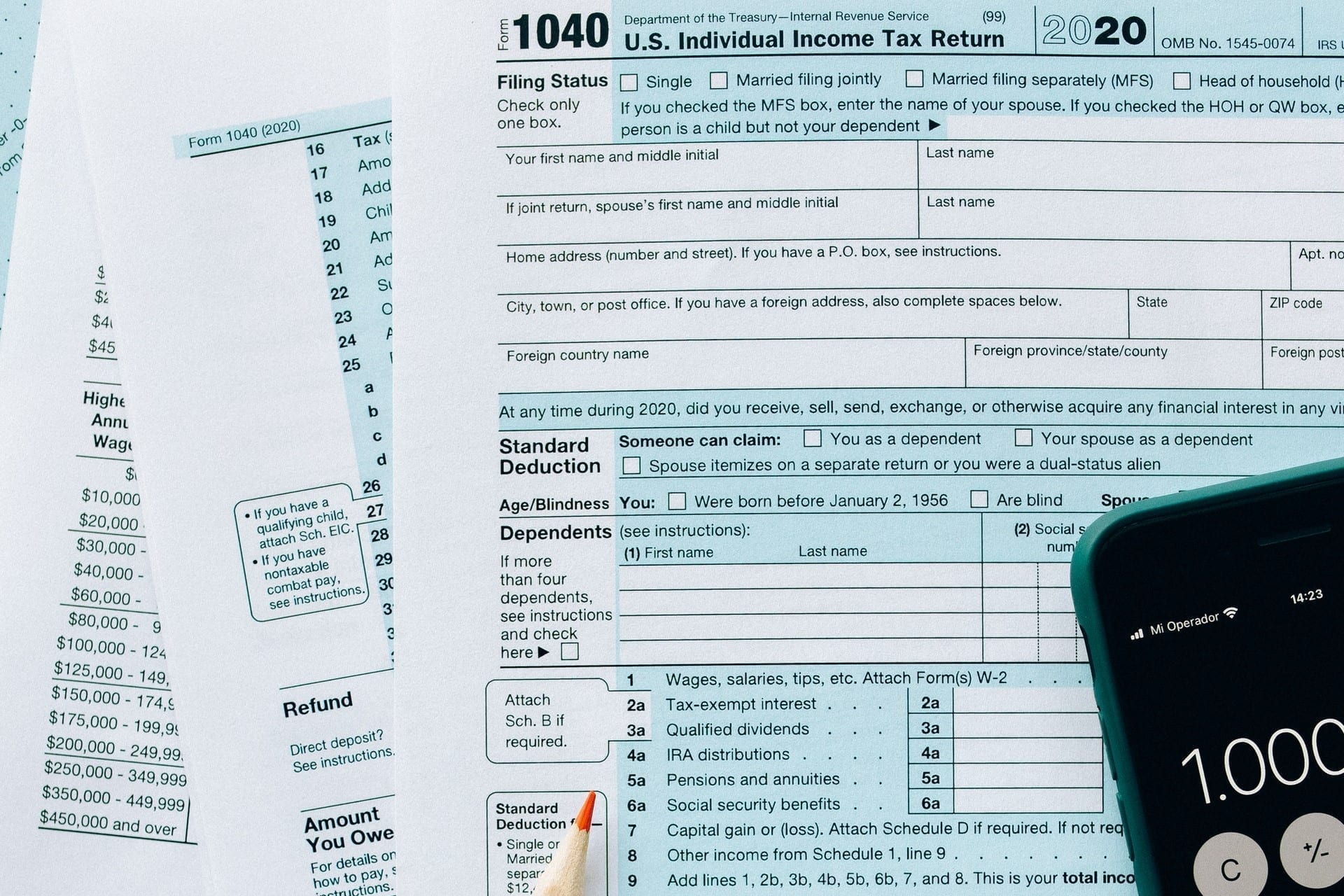If your husband, wife or partner is behind bars, you have a lot of things you have to do on your own. Maybe it’s raising and caring for your children. Or maybe it’s paying the bills. And when mid-April comes around, it also means filing your taxes. But how can you file your tax return if your spouse is incarcerated?
How do you file your tax return?
Every year, you have to file your tax return on or before Apr. 15. (Although the IRS has pushed back that deadline during the COVID-19 pandemic.) For 2021, your tax return isn’t due until May 17 (because May 15 is a Saturday).
How you file your tax return depends on your circumstances. Many people use online software to complete their tax returns. Common websites include H&R Block, TurboTax and others. If your tax situation is simple, these services can often be free. But, if your tax situation is more complicated, there may be charges.
If, for example, you own or operate a small business, you may have to pay for services like these. With a little bit of research, though, you can find other free alternatives. One example of a free service even if you have self-employment income is Online Taxes.
Do things change if you spouse is incarcerated?
The simple fact that your spouse is in prison should not impact your tax return too much. The IRS considers married couples as married even when a spouse goes to prison. If you’re married with a spouse in prison, you may still file as “married filing jointly” or “married filing separately.”
The filing status you choose impacts the amount of your federal tax return. So you want to make sure that you make this decision carefully. If you make the right choice, it can mean more money back or less money due, both of which are good for you.
If possible, you may want to get advice on which filing status to choose. For most married couples, “married filing jointly” is the best.
Does your spouse have income in prison?
Although it may come as a surprise, you may still have to report the money your spouse earns in prison as income. This is true if your incarcerated spouse earned the money from a private company. But it’s also true if they earned it from the prison itself, too.
In fact, your incarcerated spouse doesn’t even need to have earned money for there to be tax consequences. If, for example, the prison paid your spouse with credits for commissary or with certain privileges, the value of those privileges might count as income. They don’t count, however, for certain tax credits.

Can you deduct money you send your spouse?
Many people keep track of the money they give to others to count it as a charitable contribution on their taxes. By doing so, they can sometimes make their tax bill lower or their refund higher. But the money you send to your spouse, or anyone else, in prison isn’t the same.
You cannot deduct donations sent to a single person from your taxes. Instead, you can only deduct donations to qualified charitable organizations. So, if you hold a fundraiser for your spouse in prison or send them your own money, you cannot deduct those donations. That’s true even if the money goes for a good cause — like trying to overturn a wrongful conviction.
The Takeaway:
Tax season is in full swing. With the usual deadline, Apr. 15, or this year’s deadline, May 17, right around the corner, everyone is trying to file their tax returns. If your spouse goes to jail or prison, it won’t change the fact that the IRS views you as married. But there are many other considerations to take into account when deciding how to file your tax return if your spouse is incarcerated.






